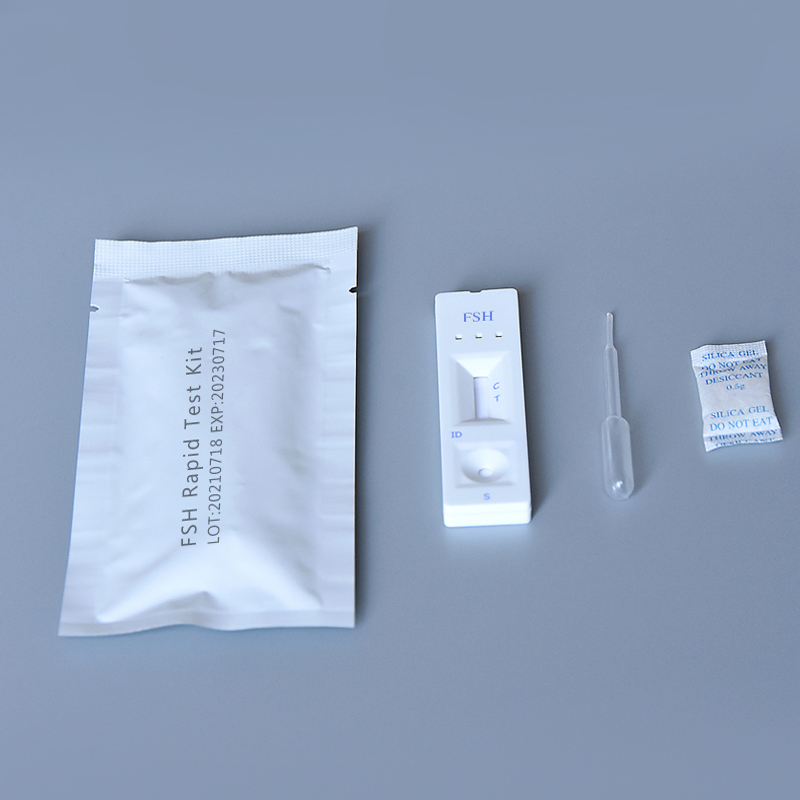dec . 16, 2024 08:07 Back to list
buy hepatitis c at home test suppliers
Buying Hepatitis C At-Home Test Kits A Comprehensive Guide
Hepatitis C is a viral infection that primarily affects the liver, leading to inflammation and potentially serious health complications. Early detection is crucial in managing the disease effectively. Fortunately, advancements in medical technology have made it possible for individuals to test for Hepatitis C from the comfort of their homes. This article explores the benefits of at-home testing, how to choose reliable test suppliers, and considerations to keep in mind when purchasing hepatitis C at-home test kits.
Understanding At-Home Testing for Hepatitis C
At-home test kits for Hepatitis C typically include materials for collecting a blood sample, which can be sent to a laboratory for analysis. These tests are designed to determine whether the Hepatitis C virus (HCV) is present in the bloodstream. The process is straightforward—users follow the instructions included in the kit, collect their samples, and mail them to a designated lab. Results are generally available within a few days, allowing individuals to gain insights into their health status quickly.
The Benefits of At-Home Testing
1. Privacy and Convenience Many people feel uncomfortable visiting a clinic for testing due to stigma or fear of judgment. At-home testing offers a level of privacy and convenience, allowing individuals to manage their health without external pressures.
2. Accessibility For those living in remote areas or lacking access to healthcare facilities, at-home testing provides a viable alternative. It empowers more individuals to monitor their health regularly.
3. Early Detection The earlier Hepatitis C is detected, the more effective treatment can be. Regular at-home testing can help identify potential infections sooner, leading to timely medical intervention.
Choosing Reliable Test Suppliers
When purchasing hepatitis C at-home test kits, it is essential to select reputable suppliers to ensure the reliability and accuracy of the tests. Here are some tips for choosing the right provider
buy hepatitis c at home test suppliers

1. Certification and Approval Look for suppliers whose test kits are approved by relevant health authorities, such as the Food and Drug Administration (FDA) or the European Medicines Agency (EMA). Approved kits are typically associated with higher accuracy and reliability.
2. Read Reviews Customer reviews can provide valuable insights into the efficacy and user experience of specific test kits. Online platforms and health forums can be great resources for gathering feedback from other users.
3. Customer Support Choose a supplier that offers robust customer support. This can be crucial for addressing inquiries regarding the testing process, interpreting results, or seeking further medical guidance.
4. Return Policy Review the supplier’s return policy in case the kit is defective or if you change your mind after purchase. A good return policy reflects the supplier’s confidence in their product.
Important Considerations
While at-home testing offers numerous benefits, it is vital to understand its limitations. Positive results typically require confirmation through follow-up testing conducted by healthcare professionals. Additionally, individuals should be prepared for the emotional impact of a positive result and should have a plan for seeking medical advice afterward.
Furthermore, not all test kits are equally accurate, which is why purchasing from reputable suppliers is crucial. It is advisable to consult healthcare professionals for advice on the best testing options and to ensure appropriate care based on test results.
Conclusion
Purchasing hepatitis C at-home test kits can be a proactive step in managing personal health. While these tests provide convenience and privacy, it is essential to choose reliable suppliers and understand the process thoroughly. Early detection and intervention can lead to better health outcomes, making at-home testing a valuable tool in the fight against hepatitis C.
-
Dengue NS1 Rapid Diagnostic Test Kit
NewsMar.07,2025
-
Dengue NS1 Rapid Diagnostic Test Kit
NewsMar.07,2025
-
Dengue NS1 Rapid Diagnostic Test Kit
NewsMar.07,2025
-
Transferrin Rapid Test Cassette Tumor Marker TF Card
NewsMar.07,2025
-
Malaria Pf Pan Rapid Diagnostic Test Kit
NewsMar.07,2025
-
malaria pf / pan ag rapid test
NewsMar.07,2025

